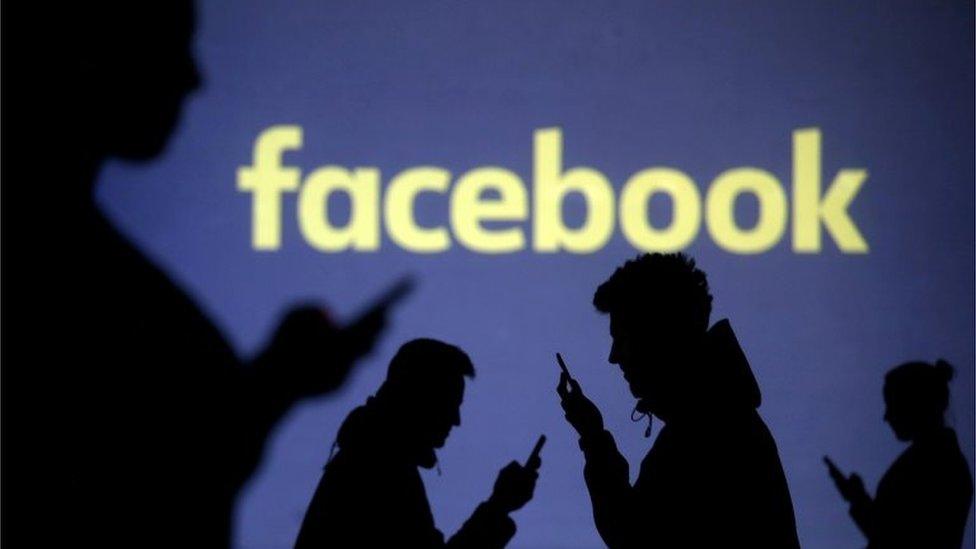Facebook begins new EU political ads rules
- Published

Political ads appearing on Facebook in EU countries will be labelled to identify the advertiser, alongside information about who they are, how much they paid and who they targeted.
It comes ahead of May's elections for the European Parliament.
The new rules, which come into force on 29 March, are part of attempts by the social network to clamp down on election abuse.
Senior Facebook executive Richard Allen said, external transparency was "a top priority".
Facebook has been criticised for not having done enough to stop foreign powers from meddling in elections.
In the United States, thousands of adverts were bought by Russian groups attempting to sow discord ahead of the 2016 US presidential election.
"We recognise that some people can try and work around any system but we are confident this will be a real barrier for anyone thinking of using our ads to interfere in an election from outside of a country," said Mr Allen in a blogpost.
All EU advertisers will need to be authorised in their country to run ads related to the European Parliamentary elections. They will be asked to submit documents and use technical checks to confirm their identity and location.
Facebook will use a combination of automated systems and user reporting to enforce the policy.
Ads library
It has also built a new tool to make it easy for people to find out about political ads.
It will list all ads classified as relating to politics or issues, and they will be kept in an Ads Library for seven years.
It will include information on the number of times the ad was viewed and demographics about the audience reached including age range, location and gender.
"As well as allowing anyone to browse and search in the library, we are expanding access to our API, so news organisations, regulators, watchdog groups and people can hold advertisers and us more accountable," said Mr Allen.
Similar rules have already been introduced in the UK, US and India, ahead of elections in each country.
- Published16 October 2018
- Published21 March 2019
